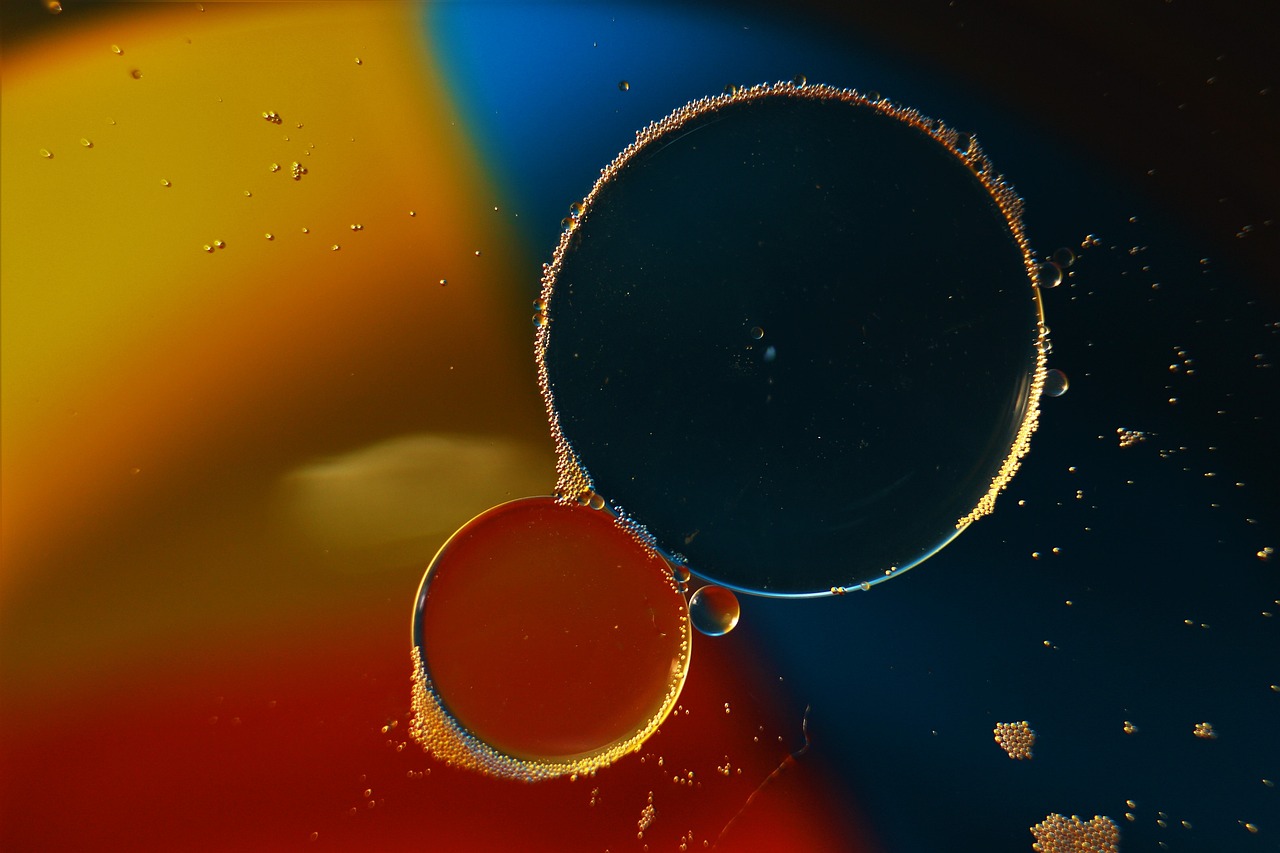Consuming excessive amounts of diet soda can lead to potential side effects. Despite being low in calories and sugar, diet soda lacks nutritional value and contains additives, preservatives, and artificial sweeteners associated with adverse health consequences.
While diet soda may appear as a calorie-free and sugar-free alternative to traditional soft drinks, it may not be as innocuous as it seems, particularly when consumed in large quantities. In fact, excessive diet soda intake has been linked to various short-term and long-term health concerns.
Here are 8 potential side effects of consuming too much diet soda, along with suggestions on reducing your consumption:
Disruption of Gut Health
Some research indicates that the artificial sweeteners in diet soda could have a detrimental impact on the gut microbiome, which consists of beneficial bacteria in the digestive tract. This microbiome plays a vital role in various aspects of health, including immune function, nutrient absorption, and heart health. A small study involving seven individuals found that the artificial sweetener saccharin disrupted blood sugar regulation and led to gut bacteria imbalances in 57% of participants.
Additionally, an animal study demonstrated that acesulfame K (Ace-K), another artificial sweetener found in certain diet sodas, negatively influenced the composition of the gut microbiome in mice. However, conflicting results have emerged from other human and animal studies. Although aspartame is a common nonnutritive sweetener in diet soda, its effects on the human microbiome remain insufficiently explored.
Notably, aspartame is primarily metabolized before reaching the large intestine, where the gut microbiome predominantly resides. More extensive, high-quality research is necessary to understand how artificial sweeteners and diet soda affect gut health in humans.
Erodes Tooth Enamel
While diet soda lacks the sugar content of regular soda, its high acidity can still harm your teeth, particularly if consumed frequently.
Research conducted in test tubes has demonstrated that both regular and diet sodas can significantly impact the surface roughness of tooth enamel, indicating their potential contribution to tooth erosion.
Furthermore, another study has confirmed that the acidity of both regular and diet soft drinks can lead to surface enamel damage, ultimately increasing erosion risk.
It’s important to note that enamel damage caused by acidity is distinct from the increased risk of cavities associated with sugar content. For instance, one study discovered that diet soda didn’t promote dental cavities in children.
However, among adolescents, a study revealed that regular consumption of carbonated soft drinks was linked to poorer oral health and unhealthy dietary patterns. Nevertheless, this association may be due to the general correlation between soft drink consumption, overall oral health deterioration, and unhealthy eating habits.
May Cause Headaches
Consuming multiple servings of diet soda daily can lead to headaches for certain individuals.
These headaches may be attributed to specific artificial sweeteners found in diet soda, such as aspartame. Research suggests that aspartame can be linked to several side effects when consumed in large quantities, including headaches, migraines, and irritability.
Additionally, some studies have indicated that caffeine, which is present in certain diet sodas, might also be a headache trigger for some people. However, research findings on this topic are mixed.
For instance, a study involving 115 children discovered that eliminating certain dietary triggers, such as aspartame and caffeine, improved headache for approximately 87% of the participants.
Could Decrease Bone Density
Diet soda contains compounds that may have adverse effects on bone health and contribute to bone loss. These compounds encompass caffeine and phosphoric acid.
Notably, a study observed that among women, the consumption of both regular and diet cola was associated with reduced bone mineral density. This condition could elevate the risk of osteoporosis and bone fractures.
Furthermore, a study involving over 17,000 adults revealed that regular soft drink consumption was linked to a higher risk of bone fractures over a 5-year period. It’s important to acknowledge that this study did not specifically investigate the relationship between diet soft drinks and bone fractures.
Some research suggests that elevated phosphorus intake could have detrimental effects on bone health. Additionally, a large study conducted among postmenopausal women indicated that each daily serving of soda, including both regular and diet soda, was associated with a 14% higher risk of hip fractures.
It’s crucial to recognize that diet soda does not necessarily pose a greater risk of bone fractures or reduced bone mineral density when compared to regular soda. Both can increase your risk if consumed in significant quantities.
May Affect Heart Health
Multiple observational studies have indicated that regular consumption of diet soda may increase the long-term risk of developing heart-related issues. However, it’s important to note that not all studies have confirmed these findings.
For instance, one study involving 59,614 women revealed that consuming a minimum of 2 diet drinks daily was associated with a heightened risk of heart problems and mortality from heart disease over a 9-year period.
Similarly, older studies have suggested a potential link between both diet and regular soda consumption and an increased risk of stroke.
Furthermore, diet soda has been associated with a greater risk of metabolic syndrome, a cluster of conditions that can elevate the likelihood of heart disease, stroke, and type 2 diabetes.
It’s essential to keep in mind that these studies demonstrate an association between diet soda consumption and specific heart-related issues. However, further research is required to determine whether and how other factors may also contribute to these outcomes.
Might Be Associated with Sugar Cravings
Some research proposes a potential connection between the artificial sweeteners present in diet soda and their impact on the brain’s food reward pathway, similar to regular sugar. This effect could potentially result in heightened hunger and increased food consumption.
Furthermore, due to the significantly greater sweetness of artificial sweeteners compared to natural sugar, there is a suggestion that they might intensify sugar cravings and foster dependence, making it more challenging to reduce sugar intake.
However, whether and how these phenomena contribute to weight gain remains uncertain. The research in this area is inconclusive, underscoring the need for additional studies investigating the relationship between diet soda and sugar cravings.
Might Be Related to Weight Gain
There is a mix of findings from scientific studies regarding the association between consuming diet soda and weight gain. Here’s what the current research suggests.
In a study involving 749 older adults, regular consumption of diet soda was linked to greater increases in belly fat over a 9-year span when compared to those who did not regularly consume diet soda.
Another study, encompassing 2,126 individuals, found that drinking at least one soft drink daily was associated with a heightened risk of metabolic syndrome. Moreover, consuming diet soda was connected to increased belly fat.
Conversely, some studies have not identified any significant association between diet soda or artificial sweeteners and changes in body weight.
Moreover, certain studies have suggested that diet soda might actually lead to weight loss and reduced feelings of hunger, particularly when individuals use it as a substitute for sugar-sweetened beverages like regular soda.
Nevertheless, substantial additional research is essential to gain a deeper understanding of how diet soda consumption might be related to changes in body weight.
May Be Linked to Type 2 Diabetes
Despite being calorie and carbohydrate-free, some research suggests a potential association between diet soda consumption and an increased risk of type 2 diabetes.
For instance, a study involving over 2,000 men found that regular consumption of diet soda was linked to a higher risk of developing type 2 diabetes over 7 years.
Similarly, a study involving 61,400 women revealed that regular consumption of artificial sweeteners was associated with a heightened long-term risk of developing type 2 diabetes.
Moreover, another study highlighted that individuals with type 2 diabetes who used artificial sweeteners were more likely to experience insulin resistance. Insulin resistance is a characteristic of type 2 diabetes, where the body’s ability to efficiently transport sugar from the bloodstream into cells is impaired, leading to elevated blood sugar levels.
It’s important to note that the research supporting this potential link between diet soda and type 2 diabetes demonstrates an association, and further research is required to establish causation.
Furthermore, other studies have not found an association between consuming artificial sweeteners and diet soda with an increased risk of type 2 diabetes or alterations in blood sugar and insulin levels.
How many drinks should you have?
Switching from regular soda to diet soda is a straightforward approach to cut down on carbohydrates and calories. Nonetheless, it’s important to note that diet soda lacks essential nutrients, and excessive consumption is linked to various short-term and long-term side effects.
For this reason, if you choose to consume diet soda, it’s advisable to do so in moderation. Pair it with a balanced, nutritious diet. Additionally, there are numerous healthier beverage alternatives to help you stay hydrated, including flavored water and unsweetened tea.
Reducing your consumption of diet soda is achievable through simple steps and gradual changes.
Begin by gradually substituting diet soda with other beverages in your daily routine. Consider these alternative drinks:
- Flavored Water
- Herbal Tea
- Coconut Water
- Seltzer Water
- Kombucha
Look for versions of these beverages that are either unsweetened or have lower sugar content. You can also experiment by adding a splash of juice to water or seltzer for a touch of flavor without the added sugar.
Create your own flavored water by incorporating cucumber slices, fresh or frozen fruit, herbs like basil and mint, or citrus fruits like lime or lemon into plain or sparkling water to enhance the taste without added sugars.
If you typically crave diet soda when you’re hungry or thirsty, focus on staying hydrated and enjoying nutritious snacks like fruits and vegetables throughout the day. This approach can help reduce your cravings.
Consider buying less soda during grocery trips and stocking up on healthier alternatives. This will simplify opting for a different beverage when you’re thirsty, gradually reducing your reliance on diet soda.
Lastly, remember that some individuals may find it easier to gradually reduce their diet soda consumption rather than quitting abruptly. If this resonates with you, take it slow and reduce the diet soda you consume each week. This gradual approach can lead to long-lasting, sustainable changes that are easier to maintain over time.
In Summary
Diet soda offers a low-calorie and low-sugar alternative but lacks essential nutrients and contains potentially problematic additives, preservatives, and artificial sweeteners, some of which have links to adverse health outcomes.
You can use straightforward strategies to reduce your consumption and enjoy diet soda in moderation while maintaining a balanced diet.















Find Us on Socials